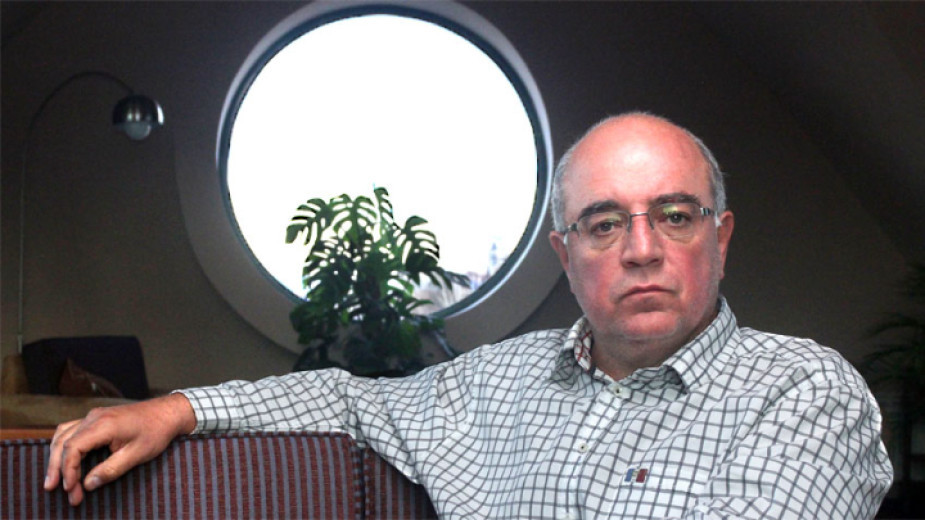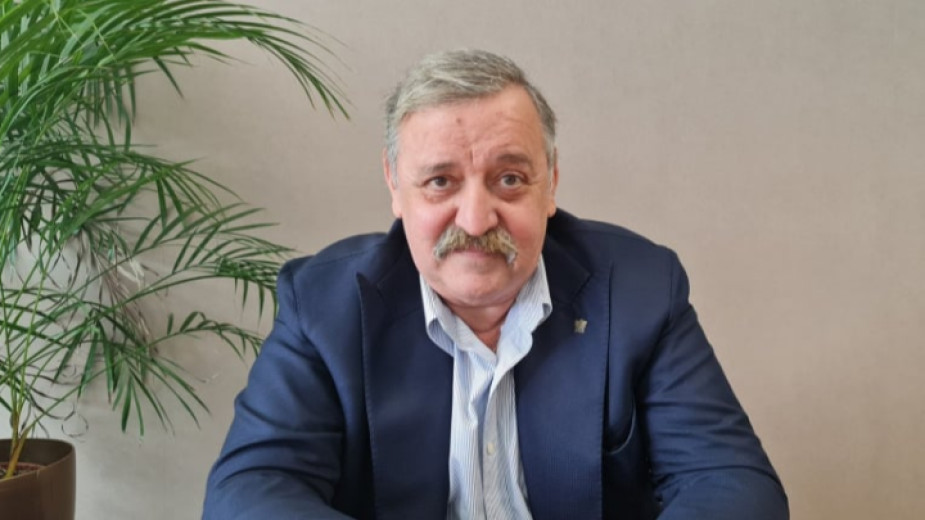It broke out at the beginning of 2020, but the Covid crisis continues to this day, even though the horror of the war in Ukraine seems to have taken the place of the fear of the virus. The first SARS-CoV-2 case was registered in Bulgaria on 8 March two years ago. 24 months later, statistics show that in that time 1,103,788 people in the country have contracted Covid-19 and 860,142 have recovered. According to data of the European Centre for Disease Prevention and Control, Bulgaria is the country with the highest coronavirus-related mortality rate – 319 per 100,000 people. And despite the grim statistics, this country remains bottom of the list of EU countries in terms of vaccination coverage, with 2,049,000 people, or 33.6% of the population of the country having had two doses of vaccine.
Five waves of coronavirus have been registered in the country since the start of the pandemic, and they have led to a tightening of the anti-epidemic measures. We have seen lockdowns, restrictions on movement between towns and villages, measures like mask-wearing in enclosed spaces, constant disinfection, closure of businesses for given periods of time, vaccination, green certificate requirements for indoor activities.
The restrictions have impacted businesses in tourism, restaurant and hotel operators, which remained closed for long periods. The pandemic has had economic consequences, but it has also affected human relationships permanently. Students stayed home for long periods, studying online, many companies closed their offices, and many turned their homes into offices. All this stirred up discontent, and even doubts that the preventive measures or the vaccines are working.
“The problem was blown out of proportion for a long time, and the virus was top news, deaths were being counted, then came the threats,” sociologist Kancho Stoychev said for the BNR.

“And now all of a sudden it has been declared a seasonal flu. As long as we, humans exist there will be viruses. I don’t want to make light of Covid-19 but there have been a lot of lies. We are all paying our social security installments, the budget of the health system is now in excess of 6 billion Leva, whereas seven years ago it was below 2 million, while the population has dwindled by a million and a half, that is why now is the time to start thinking.” The military operation in Ukraine annihilated the topic of Covid-19 overnight, the political analyst says.
But Prof. Todor Kantardzhiev, an expert in infectious and parasitic diseases, refutes such an opinion, citing an analysis of the tests performed in the country in February, which shows that 96% of the cases are of the Omicron variant.

“It turns out that this variant is not as dangerous as we were told at the beginning of the year. Hospital admissions are also fewer, that is the philosophy of the pandemic virus, it evolves to be more contagious but less severe,” Prof. Kantardzhiev explained in an interview with the BNR:
“The predictions are coming true, the number of new infections in the country has gone down, a week later the pressure on hospitals started to abate, and that is normalizing the system. With the number of people who are vaccinated, plus the people who have been infected and have recovered we may have reached herd immunity. But the problem is that 25% of the unvaccinated believe the vaccines will harm them because they have underlying conditions. For them, a nation-wide campaign should have been launched. There are many who say they are waiting for better vaccines. Especially in the past few months people have been waiting for an Austrian vaccine, and that has been feeding vaccine hesitancy. We now know vaccines do not harm people, and even if they do contract Covid-19, they stand a much lower chance of severe disease. But the muddled messages conveyed by the healthcare system in the country continue.”
Interviews by Valeria Nikolova and Gergana Hrischeva, Horizont channel. BNR
Editing by Gergana Mancheva
Photos: library, BGNES, private libraryThe Bulgarian National Radio hosted the annual Public Broadcasters International (PBI) Conference for the first time. Heads and representatives of public radio and television stations from 24 countries participated, including UK, France, Spain, the USA,..
Long-distance sailing captain Svetlozar Tenev has set off from the port city of Varna on Bulgaria's northern Black Sea coast on a circumnavigation of the world . His route will begin in Las Palmas (Canary Islands , Spain), where the man will..
A meeting titled “Mission Water” is taking place today at Burgas State University “Prof. Dr Assen Zlatarov”. The event gathers researchers involved in the European Union’s Mission “Restore Our Ocean and Waters” under the European Commission,..
At 04:00 Bulgarian time on October 26, 2025, we must turn our clocks back one hour. This means one more hour of sleep, but it..
The cool autumn evenings give us a reason to immerse ourselves in the cosy atmosphere of restaurants in Sofia and try new flavours..

+359 2 9336 661
